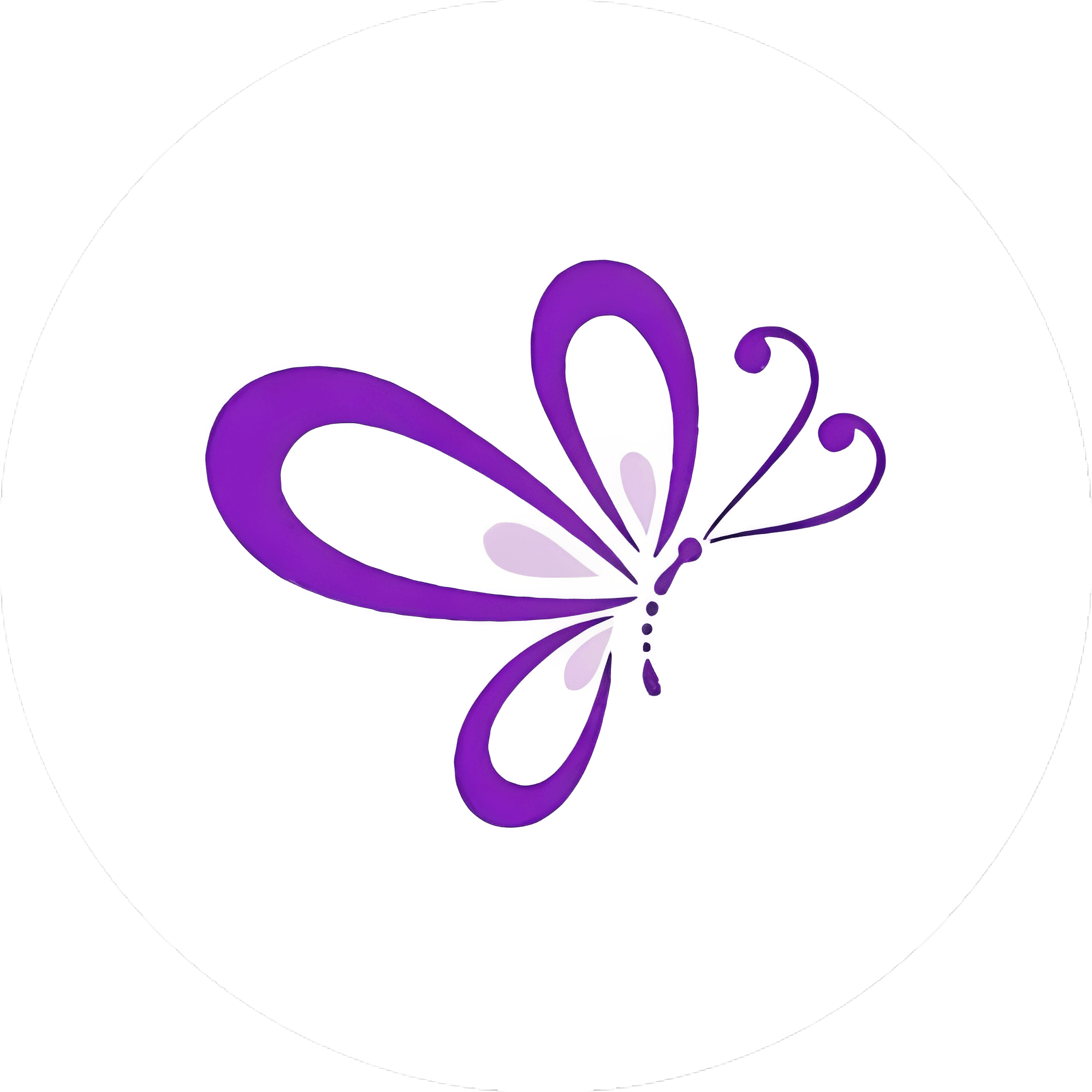Mental Health Therapy & Doula Services

ABC Intervention
Dr. Mary Dozier developed the Attachment and Biobehavioral Catch-up (ABC) intervention to help parents provide nurturing care and engage in sensitive interactions with their infants. Young children who have experienced early maltreatment and/or disruptions in care can often behave in ways that push parents away. ABC helps parents reinterpret children's signals so that they provide nurturance even when children do not elicit it. Additionally, many children who have experienced early adversity can be dysregulated behaviorally and biologically. ABC helps parents provide a responsive, predictable environment that enhances young children's behavioral and regulatory capabilities.
Parent coaches implement ABC in the parent’s home during weekly one-hour sessions over a period of 10 weeks. Although a manual guides session content, the parent coach’s primary role is to provide ‘‘in the moment’’ feedback about the parent’s interactions with his or her child. Throughout all sessions, the parent coach observes the parent’s behavior and shares comments on behaviors that relate to the intervention targets. This frequent “in the moment” feedback focuses attention on ABC target behaviors. This live feedback enhances the parent’s understanding of ABC content and supports the parent in practicing ABC target behaviors.
Evidence for ABC (for detail, see www.ABCintervention.org):
Results of several randomized clinical trials affirm ABC’s evidence base. We have found significant positive effects of ABC for the child in both the short- and long-term:
Short term child: -Vocabulary - Heart rate - Brain development
Long term child: -Attachment -Cortisol regulation -Affect regulation -Inhibitory control
And for the parents: -Neural responses to child emotion -Sensitivity
Who are ABC families?
Families are eligible if they have an infant who is between 6 and 24 months old. Adapted programs are available for younger infants and older toddlers. The primary parent must participate in all 10 ABC sessions, and other caregivers and children are encouraged to attend as well. All sessions must be in the home (which can also mean a shelter or residential treatment center). Infants are eligible if they have experienced early adversity, which is broadly defined and can include, but is not limited to:
- Experiencing neglect or abuse
- Involvement in foster care
- Family risk factors such as poverty, homelessness
- Home with interpersonal violence
- Caregiver with chemical dependence
- Transition(s) between caregivers
- Socio-emotional or behavioral concerns
ABC is one of the few home visiting programs approved by the US Department of Health & Human Services for its Maternal, Infant, and Early Childhood Home Visiting (MIECHV) program. ABC also is rated 1 on the California Evidence- Based Clearinghouse for Child Welfare scientific rating scale. The California Clearinghouse independently reviews and disseminates information about evidence-based treatment for child welfare. This rating indicates that ABC is a program with the strongest research evidence among those rated. ABC is rated as empirically supported by SAMHSA and the National Child Traumatic Stress Network.
Contact Us
Let's Connect
We are here to support you through your mental health and doula needs. Please fill out the form below, and our team will get in touch with you shortly.
